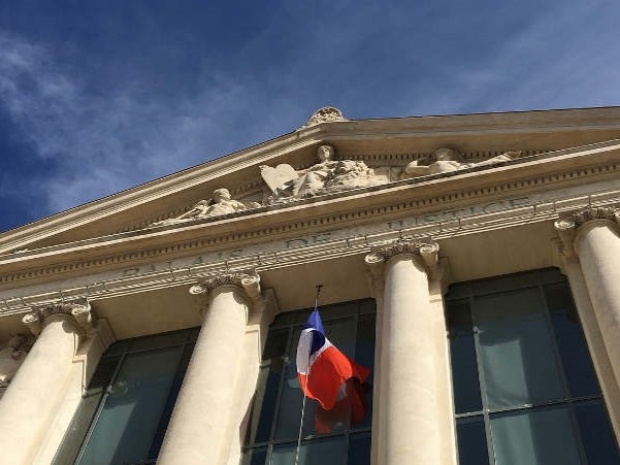Google’s attorney noted that DNS blocking might only affect a tiny fraction of French internet users, around 0.00168 per cent or approximately 800 people.
Despite arguments about the limited impact of such measures, the court upheld Canal+'s right to request blocking injunctions.
According to French publication l'Informe, which broke the news, Google attorney Sebastien Proust crunched figures published by government anti-piracy agency Arcom and concluded that the effect on piracy rates, if any, is likely to be minimal.
Starting with a pool of all users who use alternative DNS for any reason, users of pirate sites -- especially sites broadcasting the matches in question -- were isolated from the rest.
Users of both VPNs and third-party DNS were further excluded from the group since DNS blocking is ineffective against VPNs.
Proust found that the number of users likely to be affected by DNS blocking at Google, Cloudflare, and Cisco, amounts to 0.084 per cent of the total population of French Internet users. Citing a recent survey, which found that only two per cent of those who face blocks simply give up and don't find other means of circumvention, he reached an interesting conclusion.
Google has agreed to comply with the order, which aligns with a previous requirement to deindex the domains. However, the effectiveness of these measures is in question, as users may find ways to circumvent the blocks, leading to speculation on Canal+'s next steps in its anti-piracy campaign.

